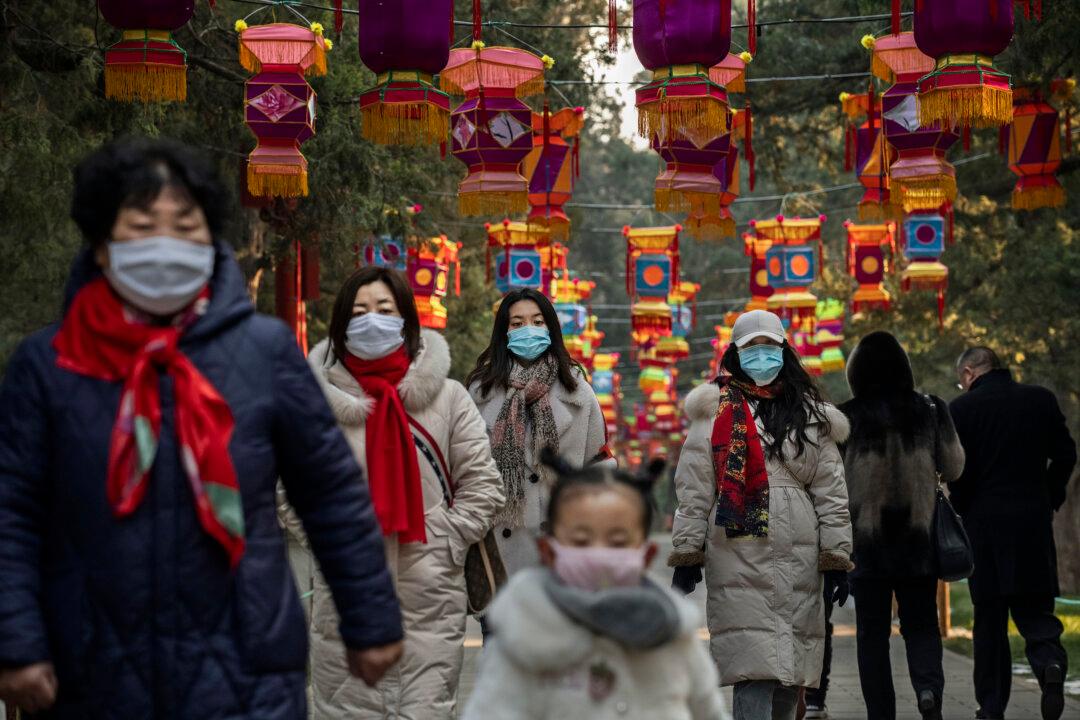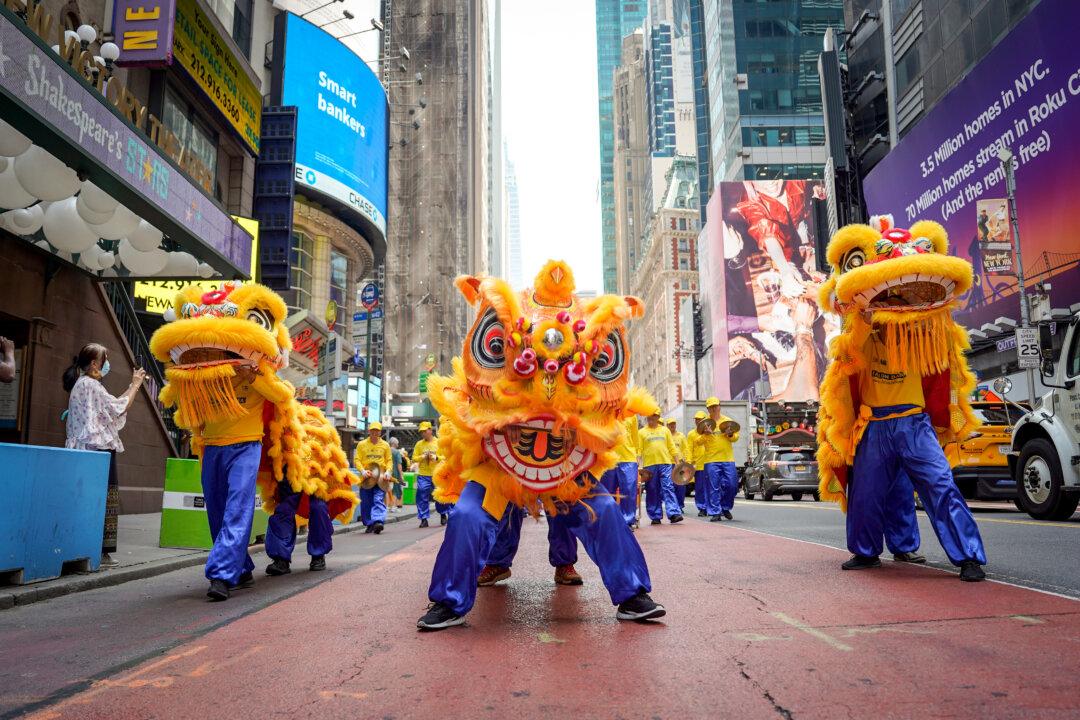Community-wide infections were reported after tens of thousands of people attended an annual banquet in a populous district in Wuhan, the epicenter of the coronavirus outbreak. Residents revealed that the district authorities are covering up the true scale of infections.
The banquet was held in the Baibuting community of Wuhan on Jan. 18, to celebrate the Chinese New Year. More than 40,000 families attended the banquet. However, three days before the event, the neighborhood committee staff asked the local authorities to cancel the gathering over fears of the coronavirus, but the authorities refused their request, according to a Feb. 12 report by The Epoch Times’ sister media NTD.




